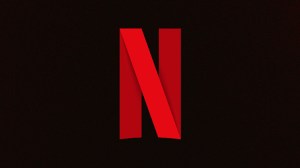Asmodee, the world’s second largest maker of board games, could soon be under new leadership. A report has emerged that PAI Partners, the owner of the board game publisher, could be seeking to sell off the company for a reported €2 billion. The company has reportedly engaged Goldman Sachs to facilitate the sale. For reference, PAI Partners is a private equity firm that reportedly has €13.5 billion in assets. PAI Partners originally purchased Asmodee back in 2018 for €1.2 billion from fellow private equity firm Eurazeo. Neither Asmodee or PAI Partners have commented on the potential sale.
Videos by ComicBook.com
Asmodee is the parent company of a number of different board game studios, including Fantasy Flight Games, Atomic Mass Games, Z-Man Studios, CATAN Studios, and Days of Wonder. The company’s strategy in recent years was to acquire smaller game studios and integrate them into the company as semi-independent publishers, while adding their games to their portfolio. The company also owns the Board Game Arena software. Some of the many games published by Asmodee include CATAN, Ticket to Ride, X-Wing Miniatures Game, Marvel: Crisis Protocol, Marvel Champions: The Card Game, Arkham Horror, and Pandemic. Asmodee also holds the French rights to the Pokemon Trading Card Game. Asmodee has also licensed its various games for digital video games in recent years. At one point, Asmodee was even working with Pokemon Go maker Niantic Labs to make an AR version of CATAN, but that game was scrapped after a year-long beta earlier this month.
Obviously, any sale of Asmodee would have huge implications on the wider tabletop board game industry. Asmodee is the second largest maker of board games behind Hasbro and is the largest publisher of games to many hobby game stores. If the sale went through, it would also represent a major increase in the value of not only Asmodee but also the board game industry as a whole. It could also mean a major disruption in the industry, especially if there is a major reorganization that comes about due to either the sale or the new ownership.








